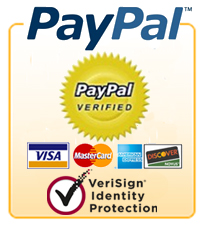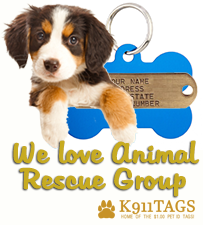
As pet owners, we all want the best for our furry friends, and a crucial aspect of their well-being is their diet. While dogs may have a reputation for being enthusiastic eaters, it’s important to remember that not all human foods are safe for them. In fact, certain foods can be toxic or cause severe health issues in dogs. To ensure the health and happiness of your beloved pet, it’s vital to be aware of what foods should be kept out of their reach. Here is a comprehensive list of foods that should be avoided when it comes to feeding your dog.
- Chocolate and Caffeine:
Chocolate contains theobromine, a stimulant that dogs cannot metabolize effectively. Ingesting chocolate can lead to symptoms such as vomiting, diarrhea, increased heart rate, muscle tremors, and even seizures. Dark chocolate and baking chocolate are particularly dangerous due to their higher theobromine content. Similarly, caffeine, found in coffee, tea, energy drinks, and some sodas, can cause adverse effects on a dog’s nervous system and heart.
- Grapes and Raisins:
Grapes and raisins may seem like harmless snacks, but they can actually be highly toxic to dogs. Consumption of these fruits can lead to kidney failure, vomiting, diarrhea, lethargy, and a decreased appetite. It’s best to keep grapes and raisins out of your dog’s reach and avoid any foods or treats that contain them.
- Onions and Garlic:
Onions and garlic, whether raw, cooked, or powdered, contain compounds that can damage a dog’s red blood cells and lead to anemia. Even small amounts can be detrimental, and symptoms may not appear immediately. Signs of onion or garlic toxicity include weakness, vomiting, breathing difficulties, and discolored urine. It’s crucial to avoid feeding your dog any dishes containing these ingredients, including onion or garlic powder.
- Avocado:
While avocados offer various health benefits for humans, they can be hazardous for dogs. Avocado contains a substance called persin, which, when consumed in large quantities, can cause gastrointestinal issues in dogs, including vomiting and diarrhea. Additionally, the avocado pit poses a choking hazard, and the high-fat content may lead to pancreatitis or obesity.
- Xylitol:
Xylitol is an artificial sweetener often found in sugar-free gum, candies, baked goods, and some peanut butter brands. Even small amounts of xylitol can cause a rapid release of insulin in dogs, leading to a dangerous drop in blood sugar levels. Symptoms of xylitol poisoning include vomiting, loss of coordination, seizures, and liver failure. It is essential to ensure that all products containing xylitol are kept far away from your furry friend.
While the bond between a pet and its owner is strong, it’s important to remember that dogs have different nutritional needs than humans. Feeding them the wrong foods can have severe consequences on their health. To maintain a happy and healthy dog, it’s crucial to avoid feeding them chocolate, caffeine, grapes, raisins, onions, garlic, avocados, and products containing xylitol. By being aware of these potential dangers and providing a balanced and appropriate diet, you can ensure your canine companion’s well-being and enjoy many years of companionship together. Remember, when in doubt, consult your veterinarian for specific dietary advice for your pet.


